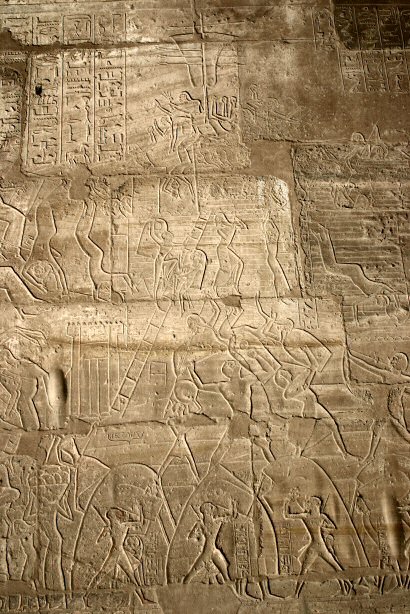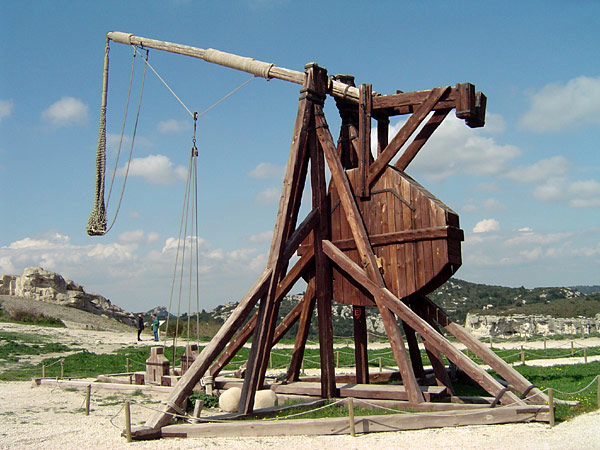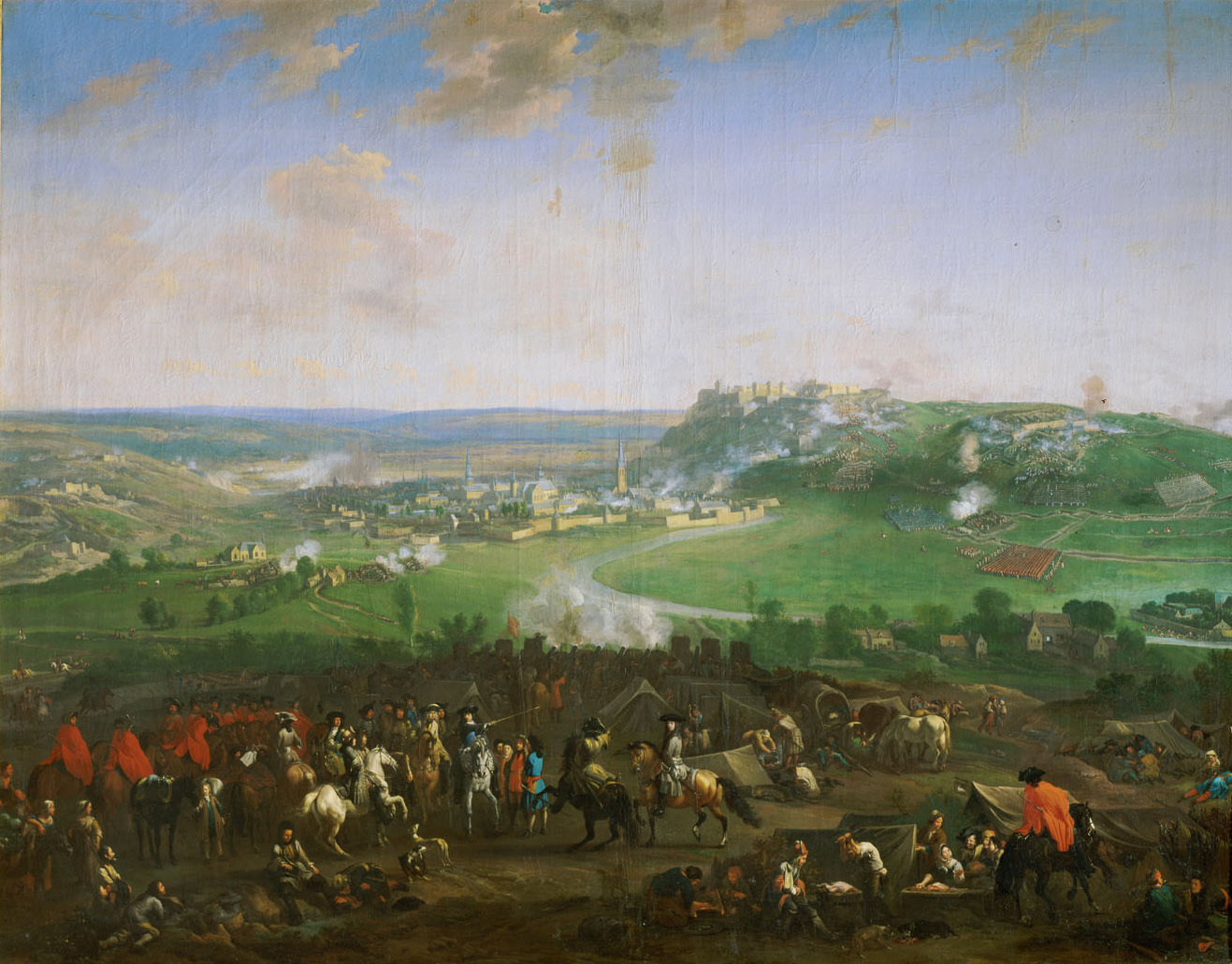|
Siege Of Badajoz (1705)
The siege of Badajoz was a siege of the Spanish city of Badajoz in June and October 1705 during the War of the Spanish Succession. Both the June and October phases was conducted by an Anglo-Dutch force under Henri de Massue, Earl of Galway Henri de Massue, 2nd Marquis de Ruvigny, Earl of Galway, (9 April 16483 September 1720) was a French Huguenot soldier and diplomat who was influential in the English service in the Nine Years' War and the War of the Spanish Succession. Biogr ... and François Nicolas Fagel on their advance into south-west Spain. However, the besiegers were forced to withdraw when cavalry reinforcements were sent by marshal René de Froulay de Tessé. The siege was renewed in October, but Galway lost an arm and Fagel again withdrew, meaning that the French were able to withdraw with all their guns. This failure caused Fagel to ask for his recall to the Netherlands. References Citations Bibliography * Tony Jaques, ''Dictionary of Battles and Sieges: A ... [...More Info...] [...Related Items...] OR: [Wikipedia] [Google] [Baidu] |
War Of The Spanish Succession
The War of the Spanish Succession was a European great power conflict fought between 1701 and 1714. The immediate cause was the death of the childless Charles II of Spain in November 1700, which led to a struggle for control of the Spanish Empire between supporters of the French House of Bourbon, Bourbons and the Austrian House of Habsburg, Habsburgs. Charles had named as his heir Philip V of Spain, Philip of Anjou, a grandson of Louis XIV of France, whose claim was backed by Kingdom of France, France and most of Habsburg Spain, Spain. His Habsburg rival, Charles VI, Holy Roman Emperor, Archduke Charles, was supported by the Grand Alliance (League of Augsburg), Grand Alliance, whose primary members included Habsburg monarchy, Austria, the Dutch Republic, and Kingdom of Great Britain, Great Britain. Significant related conflicts include the Great Northern War (1700–1721) and Queen Anne's War (1702–1713). Although by 1701 Spain was no longer the predominant European power, ... [...More Info...] [...Related Items...] OR: [Wikipedia] [Google] [Baidu] |
Henri De Massue, Earl Of Galway
Henri de Massue, 2nd Marquis de Ruvigny, Earl of Galway, (9 April 16483 September 1720) was a French Huguenot soldier and diplomat who was influential in the English service in the Nine Years' War and the War of the Spanish Succession. Biography Massue was born in Paris. He was the son of the 1st Marquis de Ruvigny, a distinguished French diplomat, and a nephew of Rachel, the wife of Thomas Wriothesley, 4th Earl of Southampton. He was a soldier and served in the French army under Turenne, who thought very highly of him. Probably on account of his English connections he was selected in 1678 by Louis XIV to carry out the secret negotiations for a compact with Charles II, a difficult mission which he executed with great skill. He succeeded his father as deputy-general of the Huguenots, and refused Louis's offer, at the Revocation of the Edict of Nantes, to retain him in that office. In 1690, having gone into exile with many fellow Huguenots, he entered the service of Willia ... [...More Info...] [...Related Items...] OR: [Wikipedia] [Google] [Baidu] |
Conflicts In 1705
Conflict may refer to: Social sciences * Conflict (process), the general pattern of groups dealing with disparate ideas * Conflict continuum from cooperation (low intensity), to contest, to higher intensity (violence and war) * Conflict of interest, involvement in multiple interests which could possibly corrupt the motivation or decision-making * Cultural conflict, a type of conflict that occurs when different cultural values and beliefs clash * Ethnic conflict, a conflict between two or more contending ethnic groups * Group conflict, conflict between groups * Intragroup conflict, conflict within groups * Organizational conflict, discord caused by opposition of needs, values, and interests between people working together * Role conflict, incompatible demands placed upon a person such that compliance with both would be difficult * Social conflict, the struggle for agency or power in something * Work–family conflict, incompatible demands between the work and family roles of ... [...More Info...] [...Related Items...] OR: [Wikipedia] [Google] [Baidu] |
Sieges Of The War Of The Spanish Succession
A siege () . is a military blockade of a city, or fortress, with the intent of conquering by attrition, or by well-prepared assault. Siege warfare (also called siegecrafts or poliorcetics) is a form of constant, low-intensity conflict characterized by one party holding a strong, static, defensive position. Consequently, an opportunity for negotiation between combatants is common, as proximity and fluctuating advantage can encourage diplomacy. A siege occurs when an attacker encounters a city or fortress that cannot be easily taken by a quick assault, and which refuses to surrender (military), surrender. Sieges involve surrounding the target to block provision of supplies and reinforcement or escape of troops (a tactic known as "investment (military), investment"). This is typically coupled with attempts to reduce the fortifications by means of siege engines, artillery bombardment, mining (military), mining (also known as sapping), or the use of deception or treachery to bypass ... [...More Info...] [...Related Items...] OR: [Wikipedia] [Google] [Baidu] |
1705 In Spain
Seventeen or 17 may refer to: *17 (number) * One of the years 17 BC, AD 17, 1917, 2017, 2117 Science * Chlorine, a halogen in the periodic table * 17 Thetis, an asteroid in the asteroid belt Literature Magazines * ''Seventeen'' (American magazine), an American magazine * ''Seventeen'' (Japanese magazine), a Japanese magazine Novels * ''Seventeen'' (Tarkington novel), a 1916 novel by Booth Tarkington *''Seventeen'' (''Sebuntiin''), a 1961 novel by Kenzaburō Ōe *'' Seventeen'' (''Kuraimāzu hai''), a 2003 novel by Hideo Yokoyama * ''Seventeen'' (Serafin novel), a 2004 novel by Shan Serafin Stage and screen Film * ''Seventeen'' (1916 film), an American silent comedy film *''Number Seventeen'', a 1932 film directed by Alfred Hitchcock * ''Seventeen'' (1940 film), an American comedy film *''Stalag 17'', an American war film *''Eric Soya's '17''' (Danish: ''Sytten''), a 1965 Danish comedy film * ''Seventeen'' (1985 film), a documentary film * ''17 Again'', a 2009 film whose work ... [...More Info...] [...Related Items...] OR: [Wikipedia] [Google] [Baidu] |
Sieges Involving The Kingdom Of France (987–1792)
A siege () . is a military blockade of a city, or fortress, with the intent of conquering by attrition, or by well-prepared assault. Siege warfare (also called siegecrafts or poliorcetics) is a form of constant, low-intensity conflict characterized by one party holding a strong, static, defensive position. Consequently, an opportunity for negotiation between combatants is common, as proximity and fluctuating advantage can encourage diplomacy. A siege occurs when an attacker encounters a city or fortress that cannot be easily taken by a quick assault, and which refuses to surrender. Sieges involve surrounding the target to block provision of supplies and reinforcement or escape of troops (a tactic known as "investment"). This is typically coupled with attempts to reduce the fortifications by means of siege engines, artillery bombardment, mining (also known as sapping), or the use of deception or treachery to bypass defenses. Failing a military outcome, sieges can often be deci ... [...More Info...] [...Related Items...] OR: [Wikipedia] [Google] [Baidu] |
Sieges Involving England
A siege () . is a military blockade of a city, or fortress, with the intent of conquering by attrition, or by well-prepared assault. Siege warfare (also called siegecrafts or poliorcetics) is a form of constant, low-intensity conflict characterized by one party holding a strong, static, defensive position. Consequently, an opportunity for negotiation between combatants is common, as proximity and fluctuating advantage can encourage diplomacy. A siege occurs when an attacker encounters a city or fortress that cannot be easily taken by a quick assault, and which refuses to surrender. Sieges involve surrounding the target to block provision of supplies and reinforcement or escape of troops (a tactic known as "investment"). This is typically coupled with attempts to reduce the fortifications by means of siege engines, artillery bombardment, mining (also known as sapping), or the use of deception or treachery to bypass defenses. Failing a military outcome, sieges can often be d ... [...More Info...] [...Related Items...] OR: [Wikipedia] [Google] [Baidu] |
François Nicolas Fagel
François Nicolas Baron Fagel (3 February 1655 – 23 February 1718) was a Dutch States Army officer and nobleman. He was a nephew of Gaspar Fagel and took part in many battles during his career. As an infantry officer, he played an important role several battles, including the Battle of Landen, the Battle of Ekeren and the Battle of Malplaquet. From 1704 to 1705, he commanded, Allied forces in Portugal in concert with the Henri de Massue, Earl of Galway, Earl of Galway. He also was a siege expert and led the sieges of Béthune, Bouchain and Le Quesnoy in 1710, 1711 and 1712 respectively. He was the son of Nicolaas Fagel, mayor of Nijmegen, and Elisabeth Robbé.Blok and Molhuysen, p. 843 Franco-Dutch War and Nine Years' War Fagel Entered military service at a young age. He served as ensign at Maastricht since 1672; after the Siege of Maastricht (1673), siege of that fortress a year later, the Prince of Waldeck promoted him to captain as a reward for his brave conduct. In the battl ... [...More Info...] [...Related Items...] OR: [Wikipedia] [Google] [Baidu] |
Badajoz
Badajoz is the capital of the Province of Badajoz in the autonomous communities of Spain, autonomous community of Extremadura, Spain. It is situated close to the Portugal, Portuguese Portugal–Spain border, border, on the left bank of the river Guadiana. The population in 2011 was 151,565. Badajoz was conquered by the Moors in the 8th century and re-founded as Baṭalyaws, and later in the 11th century the city became the seat of a separate Moorish kingdom, the Taifa of Badajoz. After the Reconquista, the area was disputed between Spain and Portugal for several centuries with alternating control resulting in several wars including the War of the Spanish Succession, Spanish War of Succession (1705), the Peninsular War (1808–1811), the Siege of Badajoz (1812), Storming of Badajoz (1812), and the Spanish Civil War (1936). Spanish history is largely reflected in the town. Badajoz is the Episcopal see, see of the Roman Catholic Archdiocese of Mérida-Badajoz. Prior to the merger of ... [...More Info...] [...Related Items...] OR: [Wikipedia] [Google] [Baidu] |
Henri De Massue, Marquis De Ruvigny, 1st Viscount Galway
Henri is the French form of the masculine given name Henry, also in Estonian, Finnish, German and Luxembourgish. Bearers of the given name include: People French nobles * Henri I de Montmorency (1534–1614), Marshal and Constable of France * Henri I, Duke of Nemours (1572–1632), the son of Jacques of Savoy and Anna d'Este * Henri II, Duke of Nemours (1625–1659), the seventh Duc de Nemours * Henri, Count of Harcourt (1601–1666), French nobleman * Henri, Dauphin of Viennois (1296–1349), bishop of Metz * Henri de Gondi (other) * Henri de La Tour d'Auvergne, Duke of Bouillon (1555–1623), member of the powerful House of La Tour d'Auvergne * Henri Emmanuel Boileau, baron de Castelnau (1857–1923), French mountain climber * Henri, Grand Duke of Luxembourg (born 1955), the head of state of Luxembourg * Henri de Massue, Earl of Galway (1648–1720), French Huguenot soldier and diplomat, one of the principal commanders of Battle of Almansa * François-Henri de Montmo ... [...More Info...] [...Related Items...] OR: [Wikipedia] [Google] [Baidu] |
René De Froulay De Tessé
René (''born again'' or ''reborn'' in French) is a common first name in French-speaking, Spanish-speaking, and German-speaking countries. It derives from the Latin name Renatus. René is the masculine form of the name (Renée being the feminine form). In some non-Francophone countries, however, there exists the habit of giving the name René (sometimes spelled without an accent) to girls as well as boys. In addition, both forms are used as surnames (family names). René as a first name given to boys in the United States reached its peaks in popularity in 1969 and 1983 when it ranked 256th. Since 1983 its popularity has steadily declined and it ranked 881st in 2016. René as a first name given to girls in the United States reached its peak in popularity in 1962 when it ranked 306th. The last year for which René was ranked in the top 1000 names given to girls in the United States was 1988. Persons with the given name * René, Duke of Anjou (1409–1480), titular king of Naple ... [...More Info...] [...Related Items...] OR: [Wikipedia] [Google] [Baidu] |




